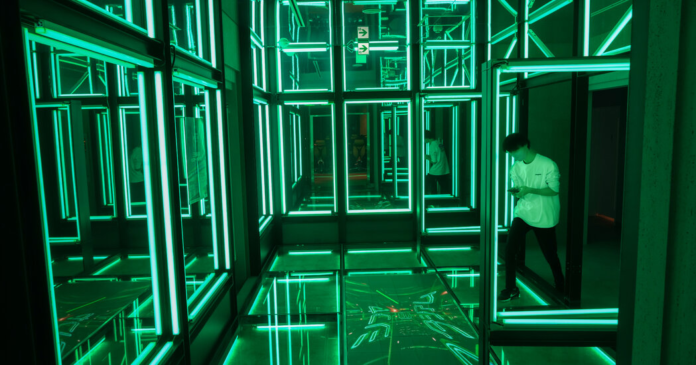Wataru Yoshida had had enough. He wasn’t going back to school.
He disliked his teachers, chafed against the rules and was bored by his classes. So in the middle of 2020, as Japan’s schools reopened after pandemic closings, Wataru decided to stay home and play video games all day.
“He just declared, ‘I’m getting nothing from school,’” said his mother, Kae Yoshida.
Now, after more than a year out of the classroom, Wataru, 16, has returned to school, though not a normal one. He and around two dozen teenagers like him are part of the inaugural class of Japan’s first e-sports high school, a private institution in Tokyo that opened last year.
The academy, which mixes traditional class work with hours of intensive video game training, was founded with the intention of feeding the growing global demand for professional gamers. But educators believe they have stumbled onto something more valuable: a model for getting students like Wataru back in school.
“School refusal” — chronic absenteeism often linked to anxiety or bullying — has been a preoccupation in Japan since the early 1990s, when educators first noticed that more than one percent of elementary and middle school students had effectively dropped out. The number has since more than doubled.




